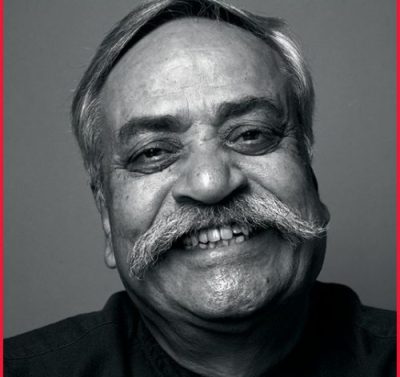The development comes on the heels of Agnikul setting up its rocket factory in Chennai to make end-to-end 3D printed engines.
The spacetech firm is backed by high-profile tech investors and entrepreneurs like Andreseenn Horowitz’s General Partner, Sriram Krishnan, Naval Ravikant, Balaji Srinivasan, billionaire Anand Mahindra and Zerodha CEO Nithin Kamath. Its Series A funding round was led by Mayfield India.
Spacetech firm Agnikul, incubated at IIT Madras, is in talks to raise $40 Mn in a Series B round at a valuation of $250 million, sources privy to the development reported.
The Chennai-headquartered startup raised $11 Mn in its Series A funding round last year at a reported valuation of $35 Mn. The latest fundraise by Agnikul, when completed, will be the largest investment round by a private spacetech company in India till date.
Earlier in March, earth imaging technology startup Pixxel raised $25 Mn in a Series A round led by Radical Ventures, a Toronto-based firm.
“Almost 50% of the round has been subscribed and the round is likely to close soon,” one of the sources said. Agnikul’s ongoing fundraise may see participation from HNIs like in the previous round, another source said. “This could also propel Agnikul to become the most valued spacetech startup in India,” the source added.
The development comes on the heels of Agnikul setting up its rocket factory in Chennai to make end-to-end 3D printed engines. The spacetech firm is backed by high-profile tech investors and entrepreneurs like Andreseenn Horowitz’s General Partner, Sriram Krishnan, Naval Ravikant, Balaji Srinivasan, billionaire Anand Mahindra and Zerodha CEO Nithin Kamath. Its Series A funding round was led by Mayfield India.
Agnikul, founded in 2017 by Srinath Ravichandran and Moin SPM, is also the first startup to sign an agreement with the Indian Space Research Organisation (ISRO), under the newly announced IN-SPACe initiative, to have access to the space agency’s expertise and its facilities to build Agnibaan.
Agnibaan is a rocket that enables plug-and-play configuration and is capable of carrying up to 100 kg of payload to low earth orbits. This on-demand rocket can be fully customised to meet the customer’s needs at an affordable cost. The rocket has been developed in-house by Agnikul’s team of rocket scientists and engineers.
Last year Agnikul successfully test-fired the world’s first single-piece, fully 3D-printed rocket engine – Agnilet. It claims to be the only company in the world to have designed a semi-cryogenic rocket which can be built as a single piece of hardware using 3D-printing technology.
A slew of policy changes by the Modi government in 2020, especially opening up of the spacetech sector in India to private enterprises, has led to increased funding in the sector. The funding in the spacetech industry in India in 2021 rose 198.67% to $67.2 Mn across 11 rounds from $22.5 mn in 2020, as per a Traxcn report.
On Monday, Union Minister of State for Science and Technology Jitendra Singh said that around 60 spacetech startups have registered with ISRO since the government opened up the sector to private players. The government is also working on a new space policy to improve the ease of doing business in the sector, Prime Minister Narendra Modi said last month.
Pixxel, Astrome, Dhruva Space, Skyroot are among the Indian startups in the sector.















